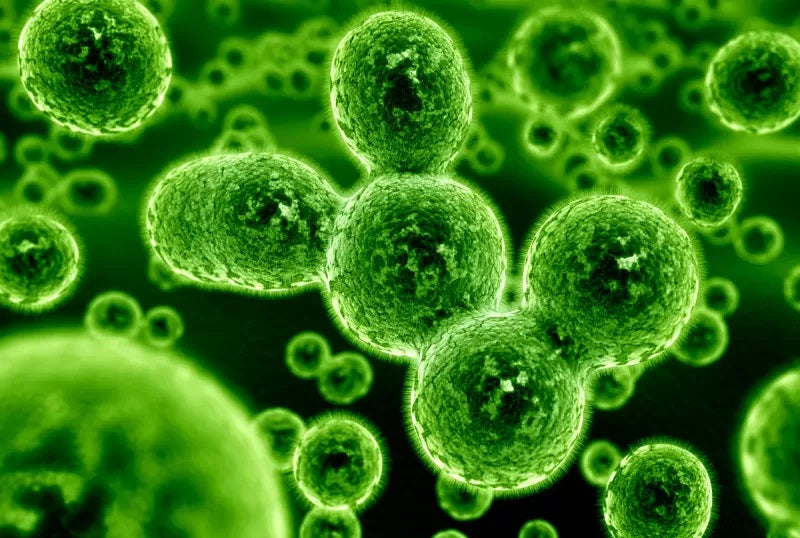
Is it necessary to take sunscreen when taking antibiotics?
Share
Before answering the question, let's look at what each one is used for . Let's start with antibiotics.
The word itself gives us some clues about what it means: The prefix "anti" comes from Latin and means "to protect, prevent, or fight against," and the word "biotic" means "living organisms." So the definition of antibiotic would be something like this:
Medication that fights BACTERIA by killing them or hindering their growth and multiplication.
The first thing that should catch your attention is that it only kills bacteria , yes, it doesn't kill viruses or fungi . That's what antivirals and antifungals are for, respectively. This is why taking antibiotics for colds is never recommended, as they are caused by viruses, not bacteria.

Back to the topic at hand, I'm always going off on a tangent.
Whenever I talk about stomach protectors, I imagine little warriors at the pit of the stomach, protecting the entrance to the body. But nothing could be further from the truth. Stomach protectors don't actually protect; they aren't little warriors, nor do they even form a protective layer. What they really do is prevent the stomach from producing acid. Simple, right? This is why they should be taken before heartburn strikes. Once the acidity is in the stomach, we have to resort to the legendary Almax or similar products that neutralize that acid . So what the protectors do is prevent heartburn.
So we have antibiotics that kill bacteria and a protective agent that prevents the excretion of acid in the stomach. If you don't see the connection, it's because there isn't one.
Stomach protectors do not prevent side effects from taking antibiotics.

Let's see what's going on. Antibiotics don't distinguish between "good" bacteria—those that live in our stomach and help us with digestion—and "bad" bacteria that cause infections. When we take an antibiotic, it kills the bacteria that cause infection, but at the same time, it destroys part of our stomach flora, the "good" ones. The consequences of destroying this flora are diarrhea, discomfort, decreased immune system, anxiety, and loss of appetite.
So when we're sick and prescribed antibiotics, there's a chance that, in addition to the problems we already have, we'll also add those caused by taking antibiotics. Don't get me wrong; I'm not saying that taking antibiotics is bad or that you're going to get diarrhea. This only happens in 1 in 4 people. The problem is that you can't know who it's going to affect.
Once we understand this process, we understand that the stomach protector won't protect us when we take antibiotics because they don't produce acidity; they only produce a decrease in our gut flora. The solution is to replenish the gut flora destroyed by the antibiotic, and a stomach protector will never achieve this.
How do we replenish the flora destroyed by taking antibiotics?
The only possible solution is to replenish the flora by taking prebiotics and probiotics . Yes, I know, another new word, that's medicine.
Prebiotics are the food necessary for flora to grow and multiply, and probiotics are the flora itself.
And what do we conclude from all this? Do they only prevent diarrhea?
It's highly recommended to take prebiotics/probiotics along with antibiotics to avoid potential problems associated with taking them. In addition to these benefits, probiotics have many advantages, as they help boost our immune system. Probiotics have a very close relationship with our intestinal mucosa and the immune cells (the defenses) within it. It's incredible that these tiny bacteria are able to communicate with us, putting our defenses in attack mode and even inducing inflammation. But what's most surprising is that the action of probiotics isn't limited to the digestive system. These "good" bacteria also influence other areas such as the respiratory system and the defenses in the blood.
Now think about the last time you went through an infectious process that required antibiotics. If you had taken probiotics, not only would your immune system have been boosted and digestive problems avoided, but your recovery would have been much faster, and the risk of a relapse would have been very low.

Literature:
https://www.sciencedirect.com/science/article/abs/pii/S2214799318300055
